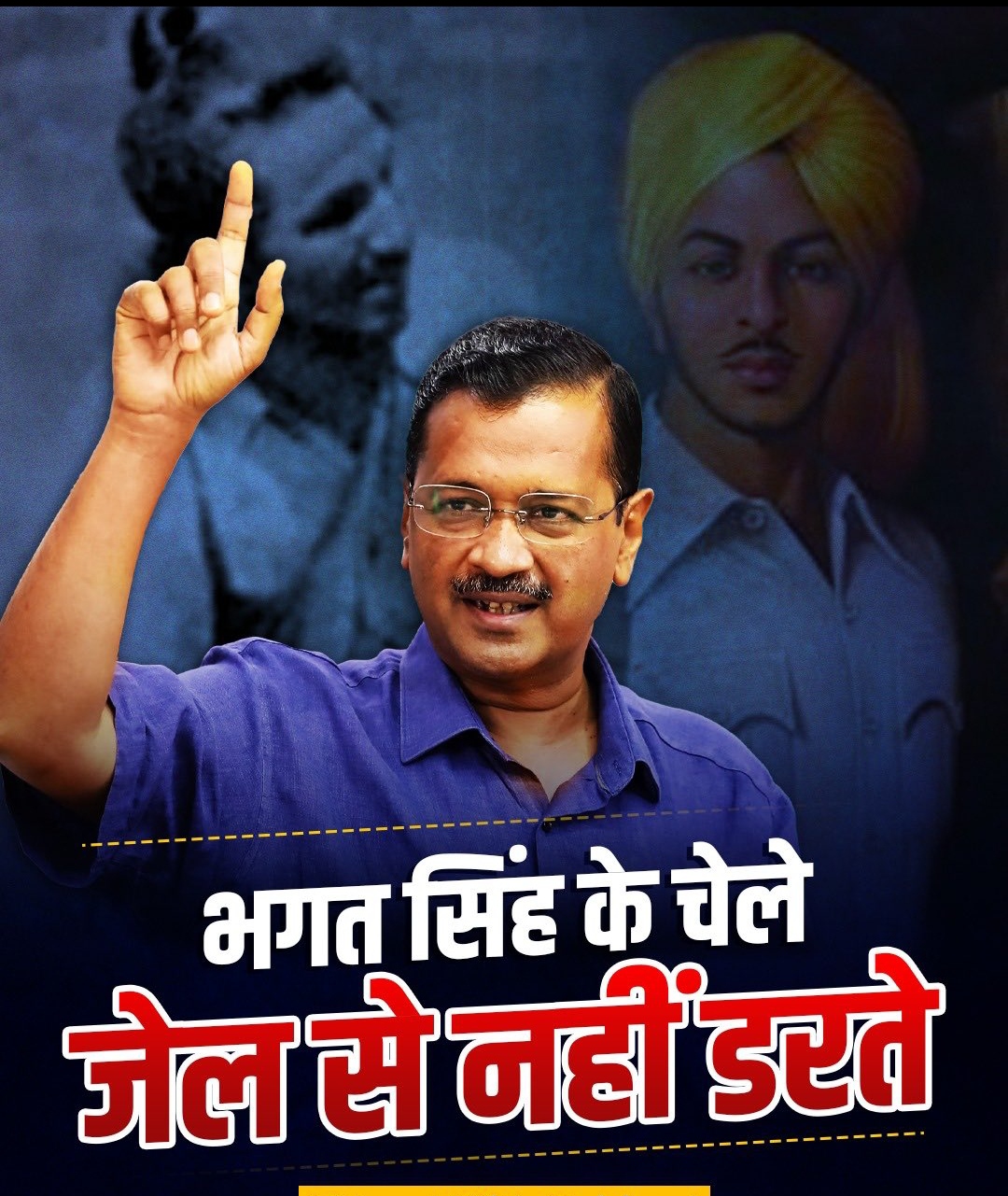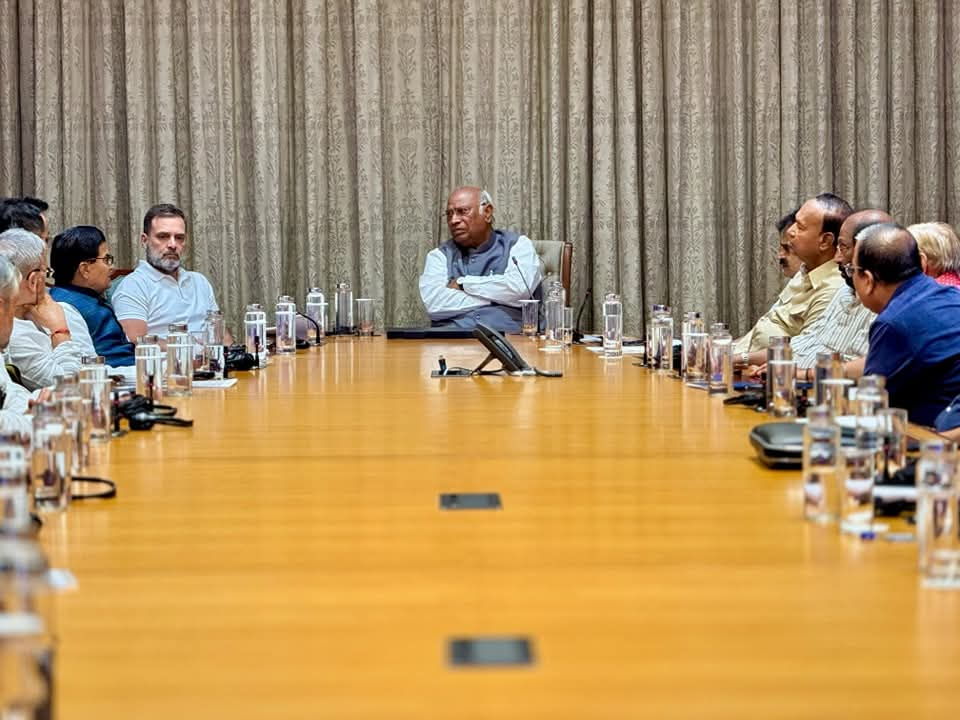Delhi CM Arvind Kejriwal sent to ED custody till March 28 in liquor case, a big blow to AAP.
New Delhi:
A Delhi court on Friday sent Delhi Chief Minister Arvind Kejriwal to the Enforcement Directorate’s custody till March 28, a day after his arrest in the excise policy-linked money laundering case.
Special Judge Kaveri Baweja at the Rouse Avenue court said Kejriwal will be produced before the court on March 28 at 2 pm.
The court passed the order on the Enforcement Directorate’s (ED) application seeking a 10-day custody in the case.
During the proceedings, ED told a special PMLA court that Delhi CM is kingpin and key conspirator of liquor scam in collusion with his ministers, AAP leaders.
“Kejriwal took advantage of being the chief minister of Delhi to facilitate money laundering by the Aam Aadmi Party (AAP), which is a major beneficiary of the proceeds of crimes generated in the alleged liquor scam case” the ED claimed.
The ED claimed in its remand papers that Kejriwal was involved in the conspiracy of formulation of the excise policy 2021-22 to favour certain persons and also involved in the demanding of kickbacks from liquor businessmen in exchange of favours granting in the said policy.
Additional Solicitor General (ASG) SV Raju, representing the Enforcement Directorate, sought a 10-day remand of Kejriwal in the trial court. The investigating agency informed the court that Kejriwal was the key conspirators in the liquor scam, in addition to another ministers and leaders of AAP.
“Kejriwal acted as the middleman between the South group, who received several crores of rupees as kickbacks from this group for formulating and implementing the Delhi Excise Policy, ED has alleged.
“Ahead of the Punjab elections, Kejriwal had demanded Rs 100 crore from some accused from the South group. AAP is not an individual, but a company. So every person responsible for conduct of a company will be held responsible,” ED alleged in the court.
ASG submitted that the proceeds of crime are not only just Rs 100 crore. Hawala trails of Rs 45 crores traced, the money was used in Goa election, the ASG said.
The ED counsel claimed that Vijay Nair, who was the media in charge of AAP, acted as a middleman between the AAP and the ‘South Group’.
Senior Advocate Abhishek Manu Singhvi appearing for Kejriwal opposed the remand plea and submitted that the agency needs to show the necessity to arrest. Singhvi argued that the power of arrest and the necessity of arrest are two different things.
“In the history of 75 years of independence this is the first time a sitting chief minister is arrested, the first time four leaders of his party are arrested” he added.
In 2021, the AAP government introduced the liquor policy. It was promoted as a major excise reform that included changes to licensing requirements and the privatisation of liquor businesses. However, things quickly became unpleasant and accusations of favoritism and corruption surfaced, which ultimately caused its retraction.
When the Lieutenant Governor of Delhi demanded an investigation by the Central Bureau of Investigation (CBI) into alleged violations and anomalies in the procedural process, the situation took an intriguing turn.
The AAP’s situation worsened when the ED detained its Deputy Chief Minister, Manish Sisodia, in connection with money-laundering charges.
After Sisodia sent to jail, ED sent summons to Delhi CM Kejriwal, which gave a new twist to this saga.
The opposition, led by BJ P, called for Kejriwal’s arrest, alleging his main role in the alleged liquor policy scam. Political tensions were further heightened after Kejriwal refused to abide with the ED’s summons.
Kejriwal was facing the prospect of a non-bailable warrant as he disregarded several ED summonses. Finally, on March 21, the Enforcement Directorate (ED) arrested Kejriwal in connection with its probe into money laundering case.



